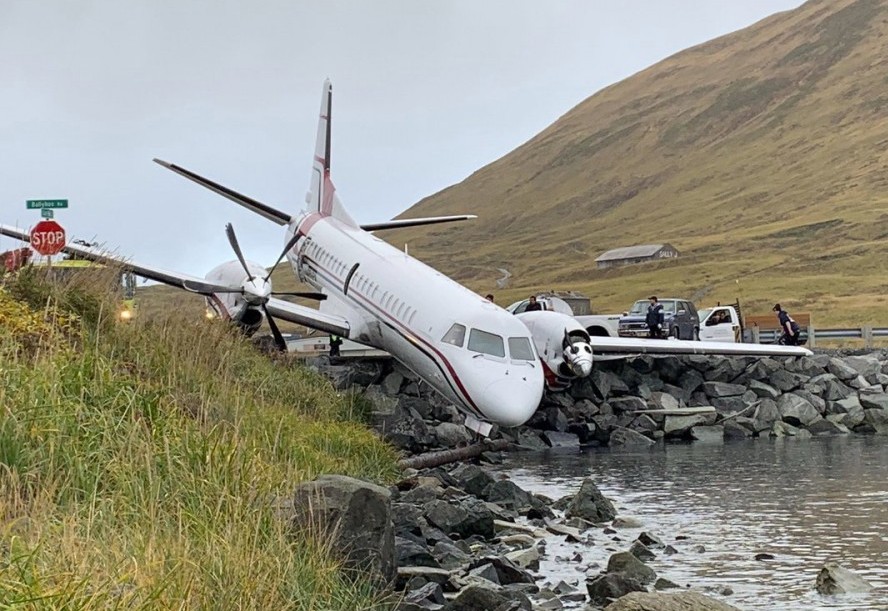Introduction
Air travel is generally safe, but when accidents happen—whether due to turbulence injuries, runway collisions, or airline negligence—the consequences can be devastating. If you or a loved one has been harmed in an aviation incident, hiring a top air travel mishap attorney can make the difference between receiving fair compensation and being left with overwhelming medical bills and lost wages.
This guide covers:
✔ Common types of air travel accidents and injuries
✔ How to choose the best aviation accident lawyer
✔ Key steps to take after an air travel mishap
✔ Frequently asked questions about airline injury claims
By the end, you’ll know exactly how to protect your rights and secure the compensation you deserve.
1. Common Types of Air Travel Mishaps
Airline accidents can occur in various ways, each requiring specialized legal expertise.
A. In-Flight Injuries
- Severe turbulence causing passenger injuries
- Falling luggage from overhead bins
- Food poisoning from contaminated airline meals
B. Airport & Runway Accidents
- Slip and falls in terminals
- Baggage cart collisions
- Runway incursions (plane collisions during taxiing)
C. Aviation Disasters
- Plane crashes (mechanical failure, pilot error)
- Helicopter accidents
- Emergency landing injuries
D. Airline Negligence & Passenger Rights Violations
- Denied boarding (illegal bumping)
- Lost/damaged luggage claims
- Wrongful death due to airline misconduct
Legal Insight: The Montreal Convention and Warsaw Convention govern international flight injury claims, setting strict liability rules for airlines.
2. Why You Need a Specialized Air Travel Mishap Attorney
Filing an airline injury claim is far more complex than a standard personal injury case. Here’s why expertise matters:
✔ Aviation Laws Are Highly Specialized
- Federal regulations (FAA, NTSB) apply alongside state laws
- International treaties (Montreal Convention) affect compensation limits
✔ Airline Companies Have Powerful Legal Teams
- Airlines often deny claims aggressively
- They may blame passengers for injuries
✔ Proving Negligence Requires Expert Testimony
- Aviation attorneys work with pilots, engineers, and accident reconstructionists
- They know how to investigate black box data
✔ Compensation Can Be Much Higher
- Serious airline injuries may warrant millions in damages
- A skilled lawyer ensures you don’t settle for less
3. How to Choose the Best Air Travel Mishap Attorney
Not all lawyers are equipped to handle aviation cases. Look for:
✅ Experience with Aviation Law
- Past cases involving plane crashes, turbulence injuries, or airline negligence
- Familiarity with FAA/NTSB investigations
✅ Trial Experience
- Airlines often lowball settlements—your lawyer must be ready to sue
✅ Strong Client Reviews & Case Results
- Check Avvo, Martindale-Hubbell, or Google Reviews
- Ask for case examples with high settlements
✅ Free Consultations & Contingency Fees
- Reputable firms offer no upfront costs (paid only if you win)
Pro Tip: Avoid lawyers who only handle minor slip-and-fall cases—aviation law requires niche expertise.
4. Steps to Take After an Air Travel Accident
1. Seek Medical Help Immediately
- Some injuries (e.g., whiplash, internal bleeding) appear hours later
- Medical records prove your injuries are flight-related
2. Report the Incident to Airline Staff
- Get a written incident report
- Request copies of surveillance footage (airlines may delete it)
3. Document Everything
- Take photos of injuries, seat conditions, and hazards
- Collect witness statements (other passengers, crew)
- Save boarding passes, tickets, and medical bills
4. Contact an Air Travel Mishap Attorney ASAP
- Evidence disappears quickly—act before the airline destroys records
- The statute of limitations may be as short as 2 years
5. Compensation You Can Recover
A top attorney can help you claim:
✔ Medical expenses (hospital bills, surgeries, rehab)
✔ Lost wages & future earnings (if unable to work)
✔ Pain and suffering (emotional trauma, PTSD)
✔ Punitive damages (if airline negligence was extreme)
Example Case: A passenger injured by severe turbulence won $12 million after proving the airline failed to warn of known weather risks.
6. Frequently Asked Questions (FAQs)
Q1: How long do I have to file an airline injury claim?
- Domestic flights: Typically 2-3 years (varies by state)
- International flights: 2 years under the Montreal Convention
Q2: Can I sue for emotional distress after a scary flight?
- Yes, if you suffered physical harm or diagnosed PTSD
Q3: What if the airline offers a quick settlement?
- Never accept without a lawyer—airlines often undervalue claims
Q4: Are private jet accidents covered differently?
- Yes, private charters fall under different liability rules
Conclusion: Don’t Let Airlines Minimize Your Claim
Air travel accidents can leave victims with life-altering injuries and financial strain. The right attorney levels the playing field against powerful airlines.
Act Now:
🔹 Preserve evidence before it’s lost
🔹 Consult a top air travel mishap attorney for a free case review


